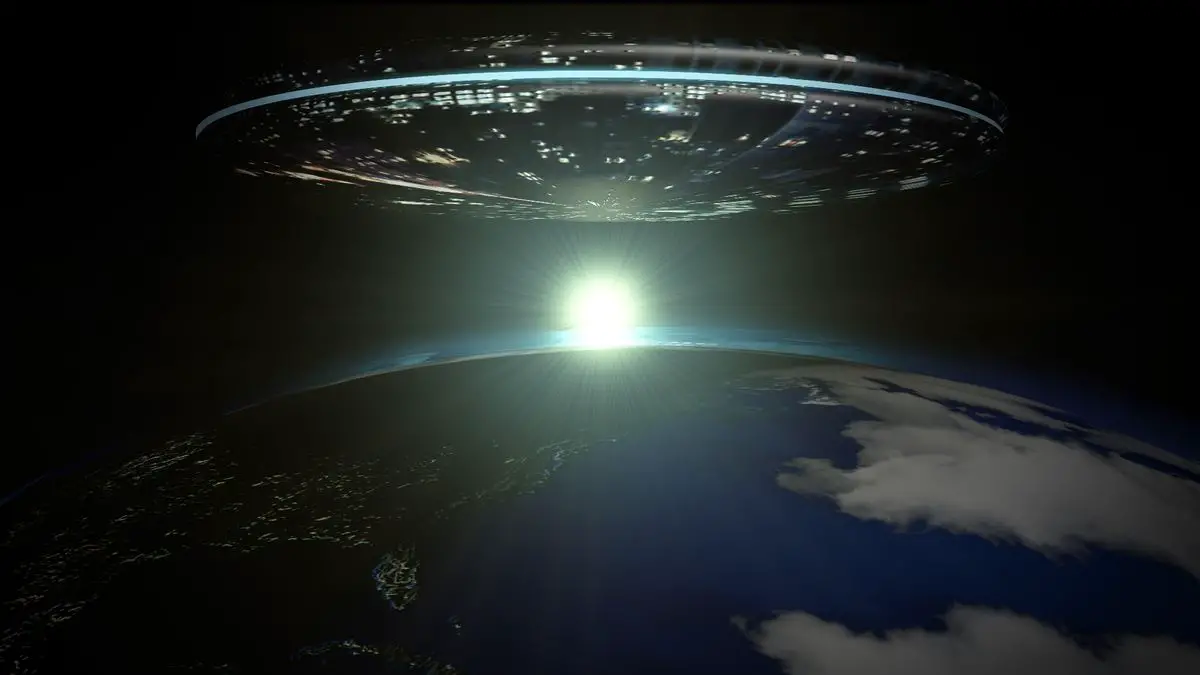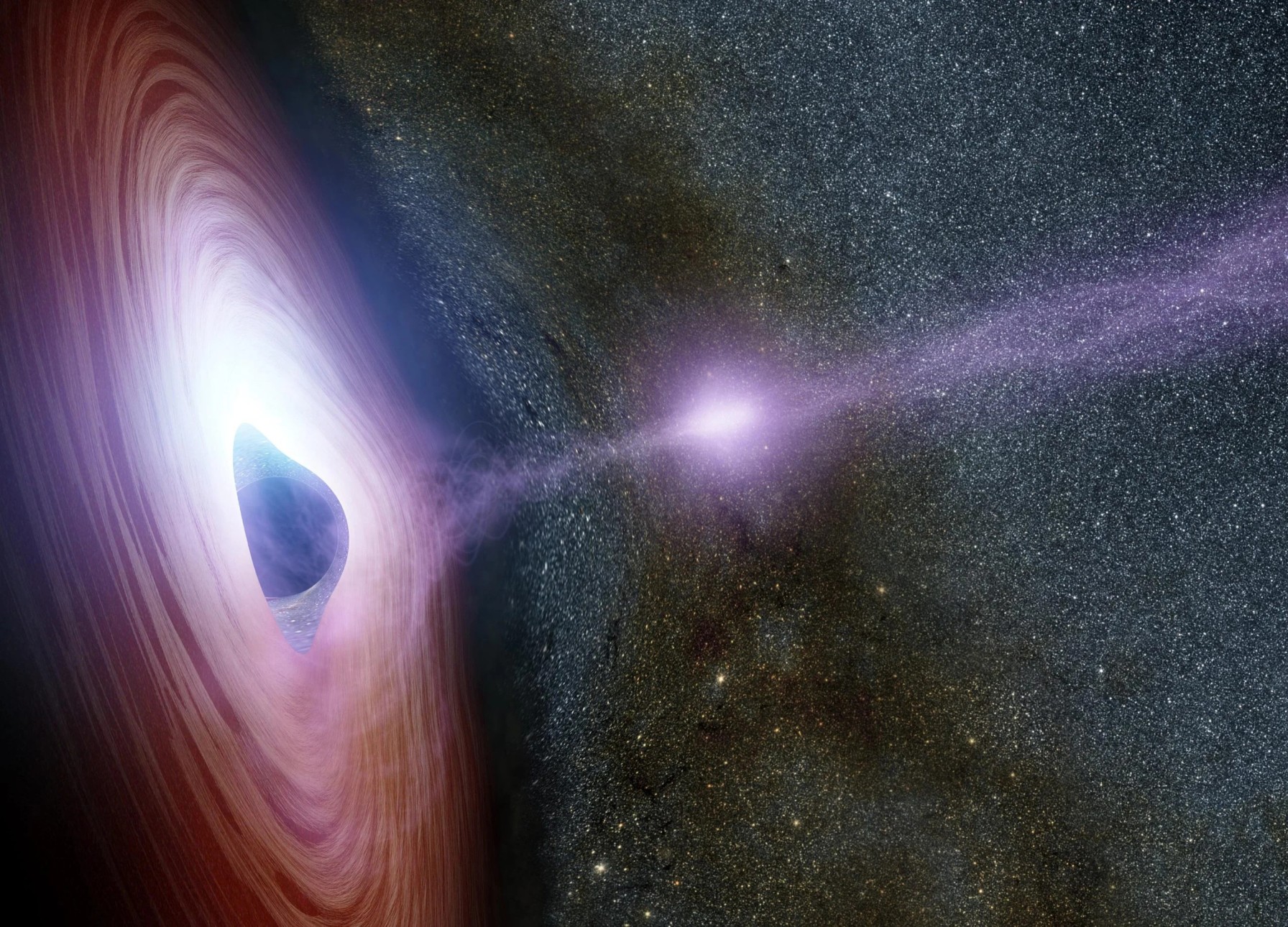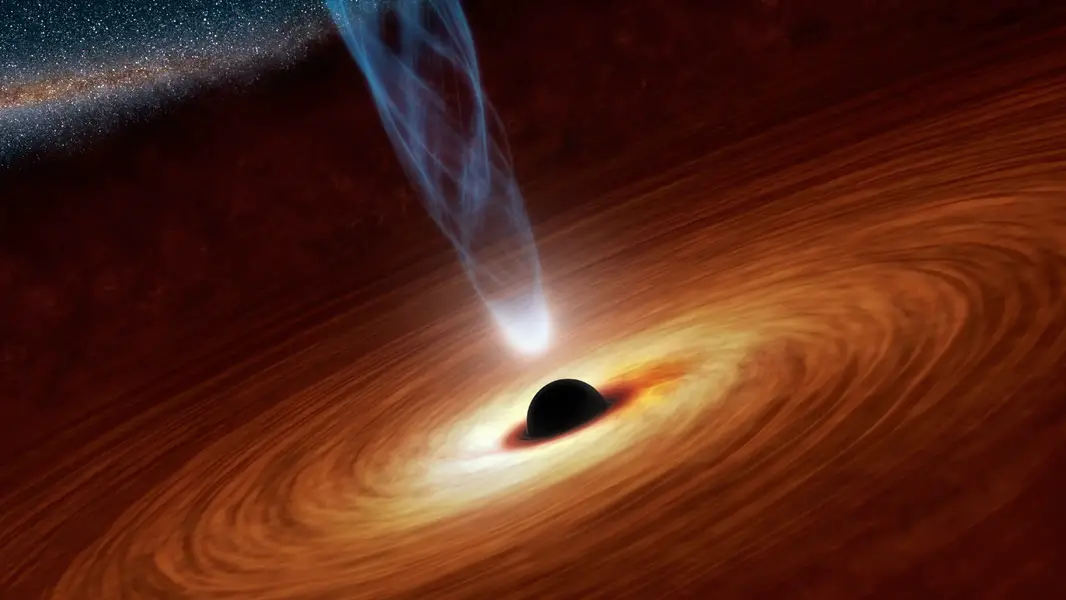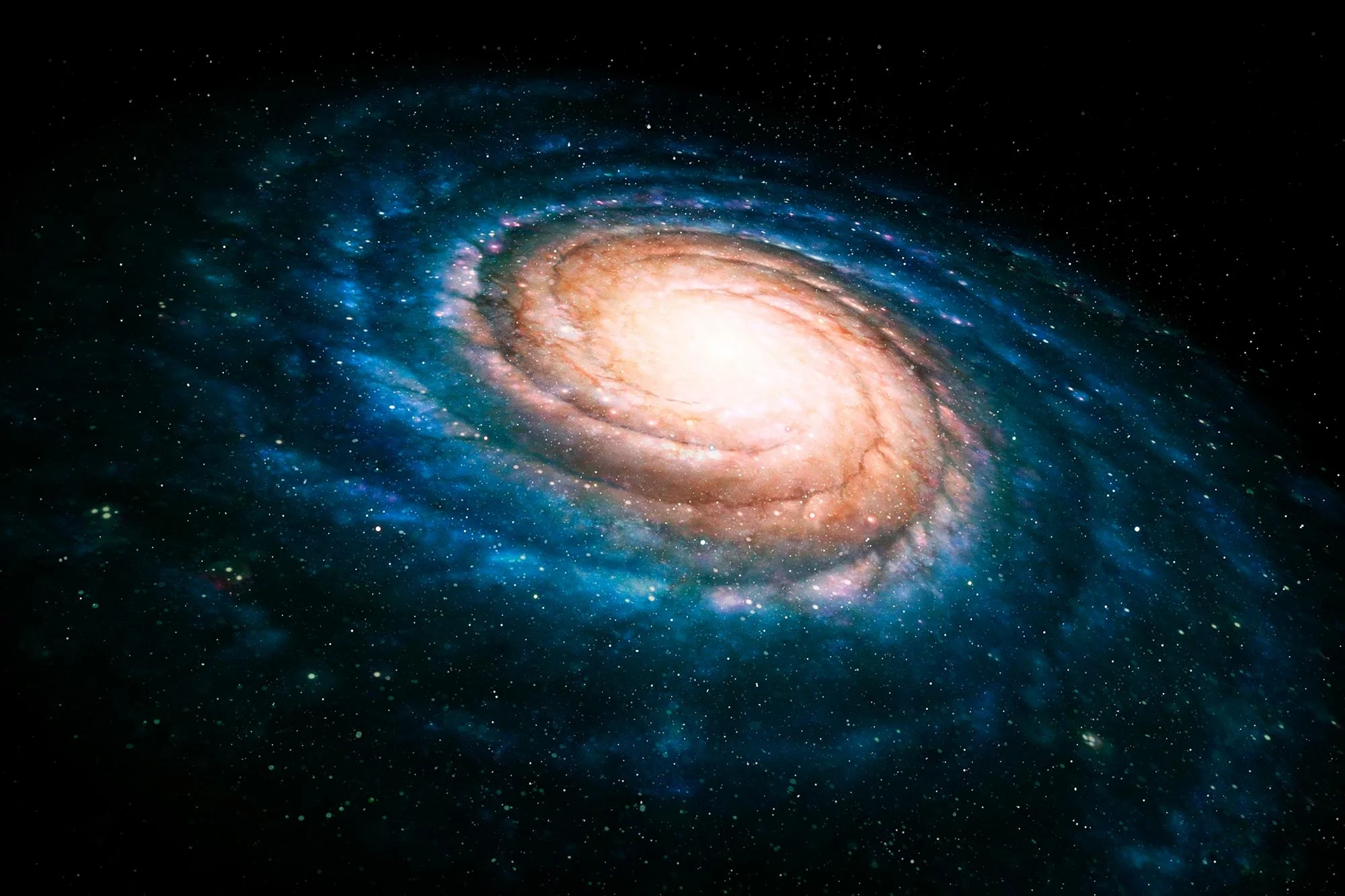New Estimate Suggests Only 36 Active Extraterrestrial Civilizations May Exist in Our Galaxy
TL;DR
New research suggests there could be as few as 36 active extraterrestrial civilizations in the Milky Way galaxy. Based on the idea that intelligent life evolves over 5 billion years, scientists from the University of Nottingham estimate that the nearest alien civilization could be 17,000 light-years away. However, current technology makes communication over these distances unlikely. Not all researchers agree with these findings, as the origin of life on Earth may not necessarily reflect the development of life on other planets. The ongoing search may provide insights into the long-term survival of life on Earth.
_______________
For centuries, scientists have sought out cosmic evidence to determine if we’re alone in the universe. New estimates now suggest there might indeed be other active civilizations—but not many.
In the 1960s, astronomer Frank Drake introduced the Drake equation, a formula used by many researchers to estimate the likelihood of communicating with extraterrestrial civilizations in our Milky Way galaxy.

Drake’s equation involves seven key variables, ranging from the number of habitable exoplanets in the galaxy to the time it takes for intelligent life to develop. These variables are extremely difficult to define. As a result, the formula acts more as a framework for estimating the odds of finding life, with previous estimates varying from none to over a billion civilizations.
Now, two researchers from the University of Nottingham in the U.K., assuming life takes the same amount of time to evolve elsewhere in the galaxy as it did on Earth, have narrowed that estimate to just 36 extraterrestrial civilizations.
“There should be at least a few dozen active civilizations in our galaxy, assuming it takes about 5 billion years for intelligent life to emerge on other planets, similar to Earth,” astrophysicist Christopher Conselice said in a statement. The team referred to this calculation as the “Astrobiological Copernican Limit.”
Using this method as a basis, the researchers developed multiple scenarios: In one scenario, intelligent life takes no more than 5 billion years to form, while in a stronger scenario, it takes between 4.5 and 5.5 billion years for intelligent life to emerge.

Based on their strong scenario calculations, there could be anywhere between four and 211 complex civilizations capable of sending signals into space, with 36 being the most likely number. The nearest of these civilizations would likely be about 17,000 light-years from Earth, orbiting a low-mass M-type dwarf star.
However, this doesn’t look promising for our chances of contacting these distant extraterrestrial civilizations. Today’s technology makes communication over such vast distances impossible.
Not everyone agrees with the findings, which were published in The Astrophysical Journal. According to The Guardian, some researchers are skeptical of the analysis. Oliver Shorttle from the University of Cambridge told the outlet that more factors need to be considered—such as the precise way life arose on Earth—before drawing conclusions from these results.
So, what might this mean for the future of life on Earth? The ongoing search for life elsewhere could provide insights into our own survival.
“If we discover that intelligent life is common, this could suggest that our civilization might last much longer than just a few hundred years,” Conselice said. “On the other hand, if we find no active civilizations in our galaxy, it could be a troubling sign for our own long-term prospects.”





Weird thought but the milky way is A very, very old galaxy. A very old galaxy. Like, a very old galaxy.
The milky way is estimated 13.6 Billion years old, our solar system is estimated 4-5 Billion years old.
Not saying the age of the Galaxy is any real factor towards the happenstance of life in our system, but there’s a good chance many, many, many, many…. many, many galaxies haven’t come of age to develop life yet.
There’s a strange chance that we may be the ‘ancients’ to many other galaxies who’s lives may appear billions of years from now
“We are the ancients” is my favorite solution to the fermi paradox.
Carl Sagan introduced me to the Drake Equation. I remember him going through it and making some ball-park guesses for the various elements. Star-systems with planets? Very few. Planets with liquid water? Hardly any.
The Drake Equation has done nothing but improve on its odds in my lifetime.
I think that the discovery of ecosystems around deep-sea hydrothermal vents is probably the biggest game-changer for calculating the odds of extraterrestrial life. Also, extremophiles living deep under ground. It used to be thought that below a very shallow depth that there was no life at all.
Of course, we still just have one positive result…
Is there a chance that alien life can be a type of life that we don’t categorise as life yet, how we will find it then
Think of the anthropic principle. The forms of life we know of evolved to make use of the most common elements spread in the unvierse.
That alone should tell you that we should primarily look for what we know. And we haven’t really covered this topic to this point.
We might be able to anticipate other possibilities once our capabilities at computing and at simulating physics increases. There’s just no reason to speculate until we gain the ability to make educated guesses.
People always gloss over the one fact that makes all of this always purely speculative with no way to tell the likelyhood – we don’t know how life starts.
That one singular moment of when life started on earth changes everything. We can calculate and speculate from every other moment on pretty well, but as long as we don’t know how life started it’s all moot. It could be something so incredibly and outrageously rare, that it just is impossible to ever happen again, or it could be a common thing under the right circumstances, or life could even have spread from other planets. We have literally no idea about that first step and it makes it completely and utterly a guessing game where 8 year old Felix’s guess is just as good as Carl Sagans.
If we ever find even one bacteria anywhere else, it all changes and blows wide open, close to guaranteed life everywhere. But as long as we don’t know if this was a singular event or not, it’s impossible to guess.
it took a third of all time in the universe for life to evolve on earth. Within that third of time, intelligent life only emerged at the very, very end with space travel being possible in the last 60 years. A 60 year window in 13.8 billion years.
Considering this, I would imagine the chance of us finding other intelligent life coexisting in time is equivalent of two random grains of sand bumping into each other on a beach that comprises all the sand on earth.
When people say that with the amount of planets in the entire universe then surely there must be life exist elsewhere, it is actually a logical fallacy because we have no idea about the conditions required for lives to emerge.
I will give you an example. Supposed that each planets and moons have one deck of 52 randomly shuffled poker cards. And for life to emerge on that planets or moons, all 52 cards must be arranged in only one specific ways and Earth is happened to be one of them. You might think that, surely, there must be a few other planets that had the exact same deck of card arrangedment as Earth right?
But for a regular deck of 52 poker cards, there are 8×1067 ways to arrange it. Even if we estimate that there are 2trillion galaxies in the observable universe with each one containing 100 billion planets, that would only totalling to 2×1023 planets.
Which means there are 2.5×10-44 % (0.0000000000000000000000000000000000000000025%) chance that there is another planet with the exact same deck of card as Earth.
The point is, without knowing the condition required for life to emerge, there is absolutely no way we can make prediction about extraterrestrial life existence, and the fact that we might actually be alone in the entire observable universe is a real possibilities, and not an insignificant one.
The most obvious reason we haven’t contacted another civilization should be obvious – the universe is unimaginably large, and our understanding of physics only allows us to reach a fraction of a fraction of our cosmic neighbors let alone the Milky Way let alone the rest of the universe
Aliens probably lock their doors when they fly near Earth.
Since I was a kid, I’ve found astronomy and the possibility of life outside of our solar system to be fascinating. From an auto mechanic in southern Indiana, I thank you for your content. I am making my way through your library, and just cannot get enough, it keeps my dreams of the stars alive.
No matter how long and hard my brain thinks over this. With the numbers involved, i just can’t come to accept that we are alone.